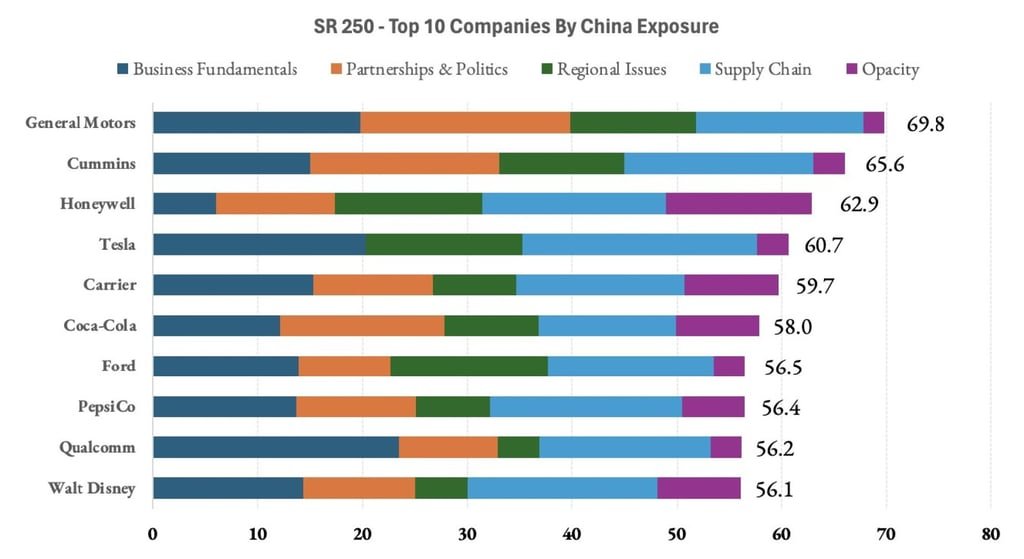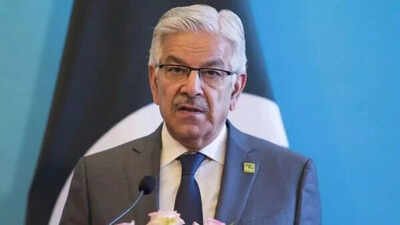The ministry of external affairs on Thursday said that a joint statement could not be adopted at the Shanghai Cooperation Organisation (SCO) defence ministers’ meeting, as consensus could not be reached, particularly on the issue of terrorism.

“We had our defence minister participating in the defence ministers’ meeting of SCO. This meeting happened over two days, that is, yesterday and today. The defence ministers’ meeting has concluded. I understand that they could not adopt a joint statement. I also understand that certain member countries could not reach consensus on certain issues, and hence, the document couldn’t be formalised,” said MEA spokesperson Randhir Jaiswal.
He further said that India had pushed for a strong mention of terrorism in the joint statement, but this was not acceptable to a particular country.
“On our side, India wanted concerns on terrorism reflected in the document, which was not acceptable to one particular country, and therefore the statement…” Jaiswal said.
He added that the defence minister, in his address, urged SCO member states to unite and fight terrorism in all its forms and manifestations.
“He (defence minister) also reiterated the need to uphold that the perpetrators, organisers, financers, and sponsors of reprehensible acts of terrorism, including cross-border terrorism, need to be held accountable,” Jaiswal said.
SCO represents 30% of global GDP, 40% of population: Rajnath Singh
Speaking at the Shanghai Cooperation Organisation (SCO) defence ministers’ meeting, Rajnath Singh underscoring the SCO’s relevance in an increasingly uncertain global landscape, Singh pointed out that the group accounts for around 30 per cent of the world’s GDP and is home to about 40 per cent of the global population.
He described regional safety, security, and stability as a shared responsibility that can drive progress and improve lives across member nations.
Singh also drew attention to the evolving challenges of transnational terrorism, cyber threats, and hybrid warfare. He stressed the need to counter the advanced technologies being used by terrorists, including drones for cross-border smuggling of arms and narcotics.
Calling for a reform of multilateral frameworks, the Defence Minister advocated greater dialogue and cooperation among nations to prevent conflicts. “No country can handle these challenges alone,” he said, adding that the very concept of a global order or multilateralism is based on the principle of collective effort for mutual benefit.







